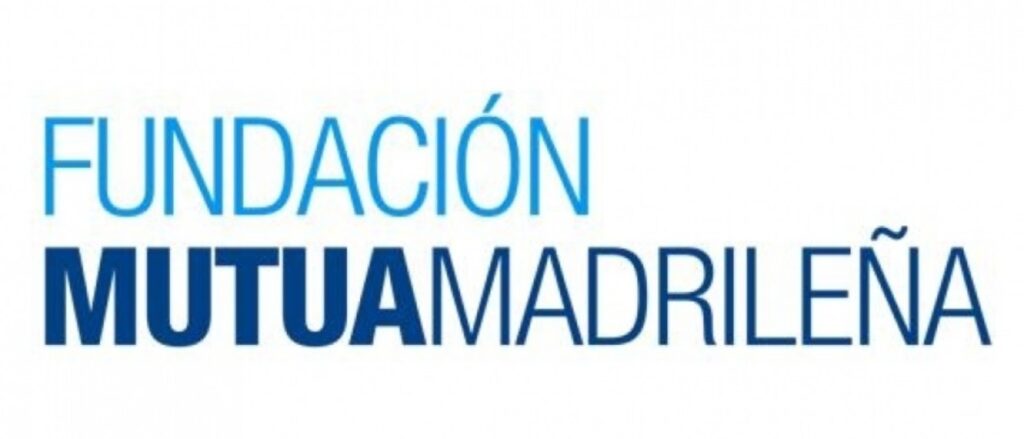The Fundación Mutua Madrileña, in its 10th Call for Aids to Research, has selected a project to improve the diagnosis of Lynch syndrome led by researcher Marta Pineda, from the Hereditary Cancer research group of the Bellvitge Biomedical Research Institute (IDIBELL) and the Catalan Institute of Oncology (ICO). The aid is provided with 33,000 euros and has a duration of two years.
Hereditary predisposition to cancer
Lynch syndrome is a hereditary predisposition to cancer caused by germline mutations in DNA repair genes. Families with Lynch syndrome have a higher risk of developing several types of cancer, especially of colon and endometrium.
Mutational analysis of repair genes often identifies genetic variants of unknown significance, of which we cannot predict its biological significance and clinical consequences. Identification of a variant of unknown significance is an important limitation for proper risk assessment of cancer predisposition. Such variants represent a 30% of the alterations detected in mutational analysis repair genes.
The aim of the project funded by the Fundación Mutua Madrileña is to study the pathogenicity of the variants identified in repair genes MSH2 and MSH6.
The funding of this project will imply the incorporation of the functional study of these variants in the routine of the Molecular Diagnostic Unit of ICO and a significant improvement in molecular diagnostics of Lynch syndrome.
The determination of the pathogenicity of a variant is essential to help Genetic Counselling Units in doing family counselling and allows predictive studies of risk and prevention measures and an adequate monitoring.
Improvements in diagnosis
On the other hand, together with the announcement of this aid, the researchers of the hereditary cancer group at IDIBELL and ICO, under the direction of Gabriel Capellá have published in the Journal of Medical Genetics a study identifying the first PMS2 mutations in Spain. The study also involved the Institute of Medicine and Molecular Oncology of Asturias (IMOMA) and the University of Frankfurt.
Mutational analysis of PMS2 is particularly complex since there are multiple pseudogenes (sequences similar to that of our genes but with no protein expression capacity) that hinder it. The IMOMA uses a special methodology that avoids pseudogenes and identifies mutations in PMS2 in a more reliable way. Subsequently, the functional study of variants of unknown significance made by ICO and the University of Frankfurt has allowed classifying the variants identified in the PMS2 gene.
This exhaustive strategy of molecular study in the genetic analysis of PMS2 gene has allowed the identification of mutations responsible for the syndrome in 69% of the analyzed patients.
Article reference
Borràs E., Pineda M., Cadiñanos J., del Valle J.,Brieger A., Hinrichsen I., Cabanillas R., Navarro M., Brunet J., Sanjuan X., Musulen E., van der Klift H., Lázaro C., Plotz G., Blanco I. and Capellá G. Refining the role of pms2 in Lynch syndrome: germline mutational analysis improved by comprehensive assessment of variants. Journal of Medical Genetics. 10.1136/jmedgenet-2012-101511

